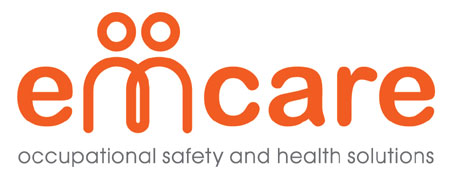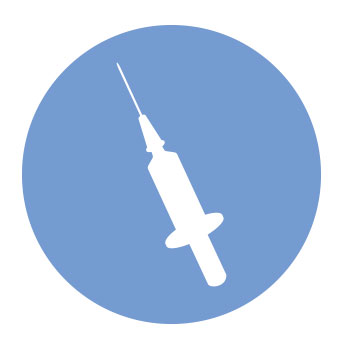Preventing Malaria
Malaria is a potentially fatal disease contracted primarily by mosquito bites in tropical parts of the world, including parts of Africa, Asia, Central and South America, the Caribbean, the Middle East, and Oceania.1 The World Health Organization (WHO) reports an estimated 247 million new cases of malaria and 619,000 malaria-related deaths in 84 countries in 2021.2
Symptoms of malaria range from mild (e.g., high fever, chills, headaches) to severe (e.g., seizures, confusion, difficulty breathing). These symptoms can occur while traveling or up to a year after returning home. Should you notice any of them, seek immediate medical assistance and be sure to tell your doctor that you have visited a malaria prone country.
A malaria vaccination has not yet been developed. However, malaria is generally preventable and curable if treatment is provided quickly. Unfortunately, the first case of Plasmodium falciparum artemisinin drug resistant malaria was reported in 2022 in a UK resident who visited Uganda.3
This case emphasizes how important preventative measures are when traveling to a country with malaria, as they are more than 90% effective when used correctly.4 The UK Health Security Agency (UKHSA) Advisory Committee on Malaria Prevention (ACMP) published updated malaria prevention guidelines for travelers from the UK on 25 April 2023. These guidelines recommend the ABCD measures of malaria prevention:
- Awareness of the risk—Read the ACMP’s guidelines for information on how, when, and where the disease is contracted and its symptoms. You can also check whether malaria is a concern in the country you’re visiting on Travel Health Pro’s Country Information page.
- Bite prevention—repellants, nets, clothing, and room protection
- Chemoprophylaxis (use of appropriate malaria prevention tablets)
- Diagnosis (prompt diagnosis and treatment)
Anti-malaria tablets are not all the same. The type you need depends on several factors, including which species of the disease is prevalent in the country you are visiting and which drug you can tolerate given your current health conditions and medications. Emcare Travel Clinic can help you plan for your trip abroad and ensure you get the best possible advice and obtain anti-malarial tablets. To make an appointment call us at 0141 404 0075, or email us at info@emcaretravelclinic.co.uk.
Sources:
1https://travelhealthpro.org.uk/disease/113/malaria
2https://www.who.int/teams/global-malaria-programme/reports/world-malaria-report-2022



